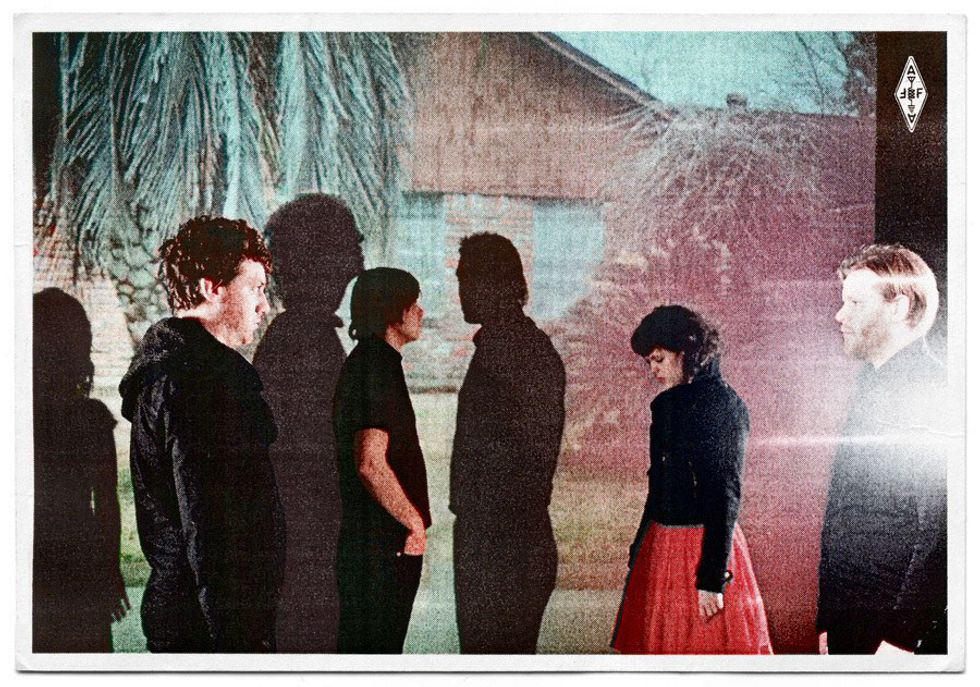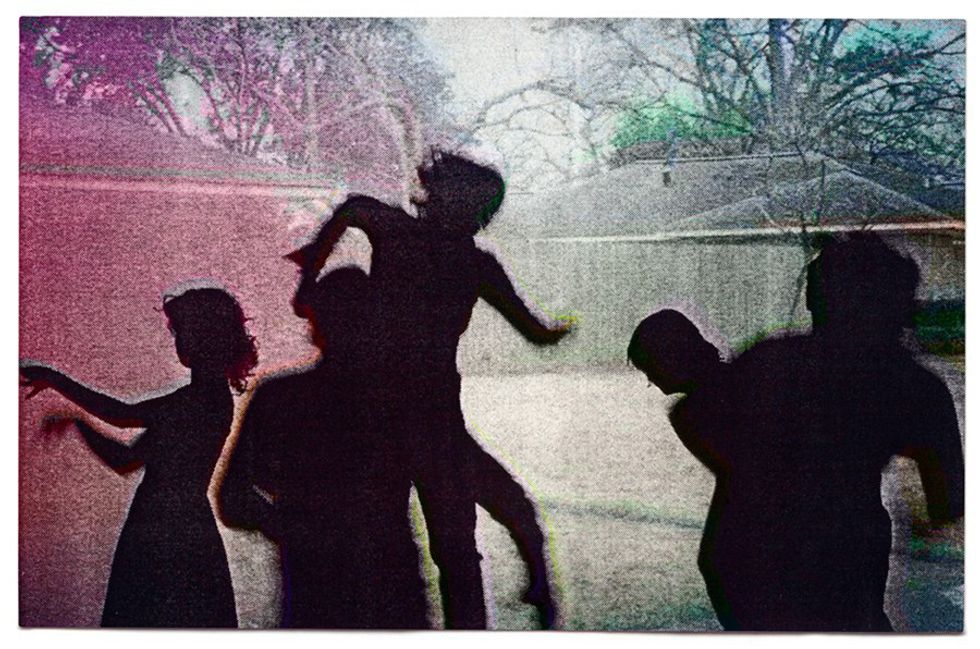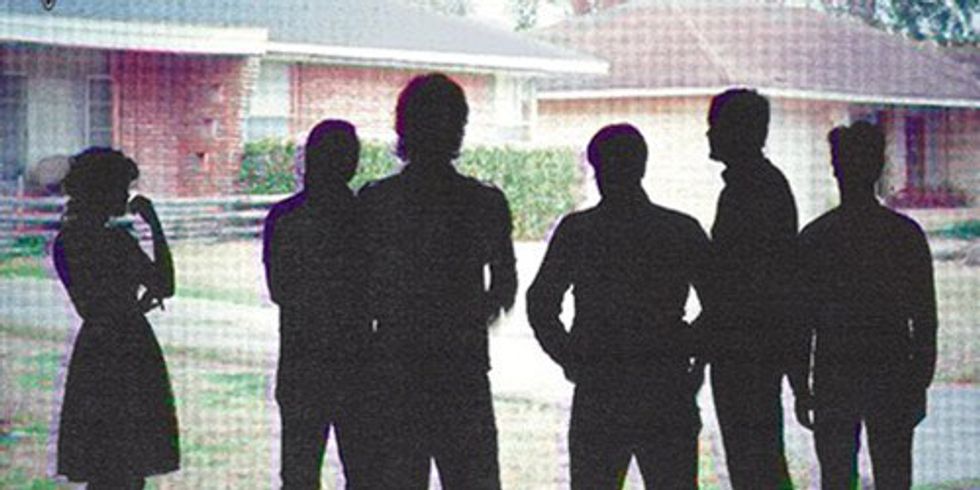Arcade Fire's Grammy winning album The Suburbs is a nostalgia trip through middle America that focuses on the various uncertainties of youth that change, yet never dissipate, as we age into adulthood. Lead singer/lyricist Win Butler sets this tone of apprehensive recollection in the album opener (The Suburbs) when he sings "In the suburbs, I...I learned to drive and you told me we'd never survive. Grab your mother's keys, we're leaving." The space in between that pause where the narrator stops to ponder his first step away from childhood and into maturity is the emotional crux of this album.
This is because learning to drive is the first time the narrator has a sense of personal agency as he feels his life as a boy slowly slipping away from him. When you're a kid you're basically beholden to whatever your parents, teachers, coaches, etc think is best for you. The Suburbs relishes in the angst of yearning to break away from authority, but it also captures the youthful naivety in thinking that's an easy feat.
This is all exemplified in my favorite line on the album "So can you understand why I want a daughter why I'm still young? I want to hold her hand and show her some beauty before this damage is done. But if it's too much to ask - if it's too much to ask - then send me a son."
Here the narrator has fully realized that becoming an adult isn't the all access pass to happiness and freedom that he thought it was. He wants a child to help keep him in a childlike place just as he's realizing that there was a wealth of life in his formative years that he never accessed because he was too busy yearning to grow up. It's a sad lyric because it shows how terrified the narrator is of moving on from youth, yet it also presents an optimism for the narrator's future since he desires to add a little more beauty to his world.
There is a bittersweet tinge to this entire album that is at once cathartic and at the same time almost crushingly honest. Two songs late in the album capture this sentiment wonderfully. The first is the uplifting/mournful Suburban War.
So now we have the narrator as an adult who didn't get the child he desired and is very much stuck in a nostalgic haze. The opening line "In the suburbs I...I learned to drive..." is repeated again, while being offset this time by the lyric "With my old friends, I can remember when you cut your hair. I never saw you again. Now the cities we live in could be distant stars and I search for you in every passing car."
While the narrator was dissatisfied as a boy at least he had friends to share that feeling with. Now, as an adult, he drives around wishing he was with his friends in his old suburb instead of being alone in a city he doesn't recognize. It's a perfectly melancholic situation that leads into the song Waster Hours.
The chorus is a reflection that goes "Wasted hours before we knew where to go and what to do. Wasted hours that you make new and turn into a life that we can live." Fittingly enough, the narrator can only appreciate how content he was in childhood years later when he has no way of going back to that time.

At this point in his life the narrator has finally learned to appreciate everything he's lost and gained to time. He knows himself well enough to realize that if he could go back he would still willingly act the same and he's ready to confront the person he is slowly becoming without trying to escape back to his youth. This ending puts him in a place to move on to a new, more accepting, era of his life that is both informed by his agitated childhood and somber adulthood in equal measure.
What are your favorite albums about growing up?




















